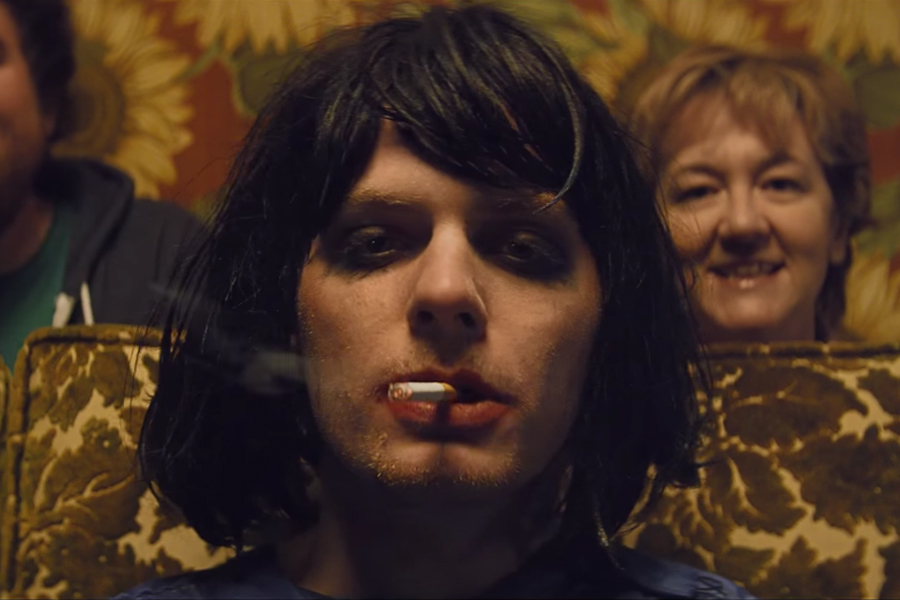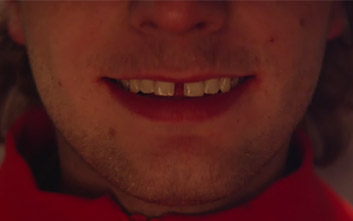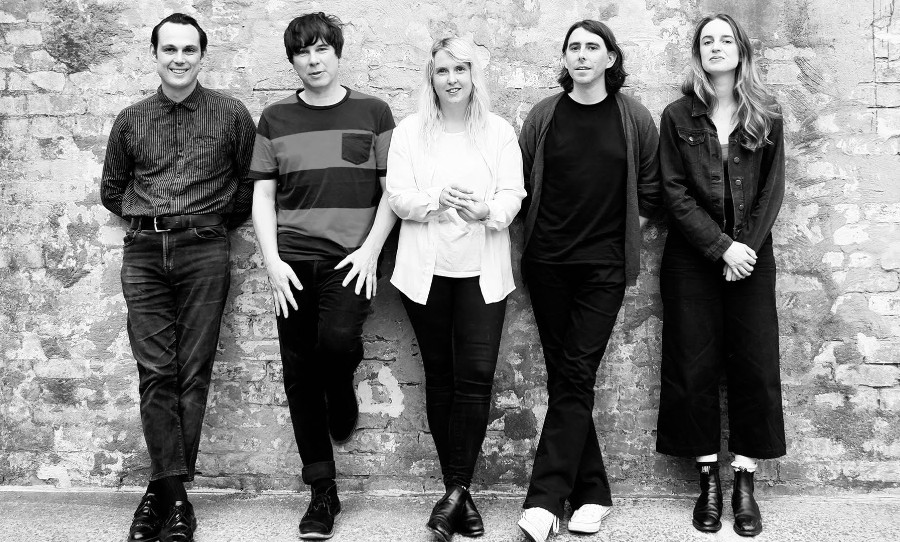Wherever you go, you’ll find friends of Mac DeMarco. From LA to Joburg, start chatting with someone about the East Coast music scene and have them tell you, “Oh yeah, Mac let me crash on his couch/bought me a beer/gave me his spaghetti recipe. He’s a good dude”.
The only difference being that in Japan he’s universally known as Ma-ku whereas in Australia we drawl Macdemahhhko.
This week marks the fifth anniversary of Mac’s debut mini-LP Rock and Roll Night Club. A revisit shows what integrity there is to the world of wavy guitars, and flat, funky drums that the Canadian has built.

What was it about Rock and Roll Night Club which shot Mac DeMarco to fame? 5 years on, we take a look at the lascivious debut record from the gap-toothed crooner.
As is typical for young artists, DeMarco tried out a variety of styles on the mini-LP, but the seeds of the sound he was to settle into on Salad Days and Another One are planted on tracks like She’s Really All I Need and Me and Jon Hanging On.
And not in tone alone. DeMarco’s lyricism was fermenting into what we consider quintessentially Mac: wry, indelicate, unfailingly sweet.
Interestingly, a contemporary Pitchfork review of the album paints DeMarco as a fairly dark figure, using the word “sleaze” or one of its variants six times in as many paragraphs, while another reviewer called him a “sexpest”.
Certainly the album showcases a dirtier side to the musician’s style; in earlier tracks like One More Tear To Cry his vocals are tamped down and slicked out, lending the singer the air of a rocker’s caricature rather than that of a genuine, earnest emoter.
The eponymous track itself is, content-wise, much more stylised and distant than the songs we’ve come to most closely associate with DeMarco.
“Cruising in the moonlight / heading downtown / Looking for some fast love / gotta get down” is miles away from the philosophical “Hey man, heard you were your brother’s keeper / That can’t be, judging by the way you treat her / Oh no, you’ve done it again / No use when you already know how it ends” from 2014’s Treat Her Better.
Retrospectively, however, the analysis of DeMarco’s musical persona as “creepy” seems broadly misplaced. His musical roots with Makeout Videotape are softly tinged in psychedelia, while Ode to Viceroy reiterated a sardonic stance.
Thus, what some took to be darkness peeping through on Rock and Roll Nightclub may simply be weirdness and a sense of humour. This is underscored by the fact that, to emphasise the sinister undertones of the album, the most twisted story the Edmonton Journal were able to dig up was about Mac getting drunk and publicly sticking his drumsticks up his bum.
It’s funny to think that at the time listeners found the radio announcer shtick which intersperses the songs on Rock and Roll Nightclub serial-killer freaky. Today it seems more like an ironic take on 80s-90s albums like Toshigi Kadomatsu’s On The City Shore or the Reservoir Dogs soundtrack.
How could a guy that puts such an obvious Beatles homage in Me and Mine as the final track to his debut mini-LP be a dark dude?
In fact the word ramshackle is a much better summation. Certainly, in light of his refined output today, Rock and Roll Nightclub seems like a shotgun blast; by the time he was to release Salad Days he had drastically narrowed his sonic brand.
Later he was focused on personal and specific stories, was happily pushing chorus and vibrato effects on his guitar, and employing the more folk-based structures he had experimented with in the latter half of this first record. In so doing, he cut out the glam-rock creep factor that listeners were picking up on.
DeMarco would come to be known as an artist who consistently projects a chill, goofball persona, and expresses earnest sentiments without cliché.
So, understanding the intertwining of his cult of personality and the evolution of DeMarco’s music is absolutely key to unravelling his commercial success. There isn’t much, stylistically-speaking, to separate a song like European Vegas with one from Boys Age’s 2012 debut, or labelmate Juan Wauters’ North American Poetry in 2013.
All three owe some allegiance to the low-fi sounds of R. Stevie Waters, Sonny Smith and their ilk; that kind of odd, bedroom-based, personal folk-rock music. And yet the others haven’t been able to springboard from their debuts in the same astronomical way as the Canadian. Rock and Roll Nightclub serves as a reminder of the tenacity and astute intuition it must have taken to distil his current style.
This image of being everyone’s best friend must be increasingly difficult to maintain as Mac breaches the indie atmosphere and seems to venture ever deeper into the dark realms of mainstream success.
The fact that the gap-toothed crooner still has most people stuck on him speaks not only to the fact that he genuinely is a decent guy. It’s also thanks to his being able, over the space of a few short years, to funnel his sound from the slipshod garrulousness of Rock and Roll Night Club to something much more particular.
You can call it the Mac DeMarco brand, or you can think of it as a better-represented, more honest version of his real, chill self. How you see it depends on how cynical you are. And whether you’ve ever tried his very good spaghetti recipe.



